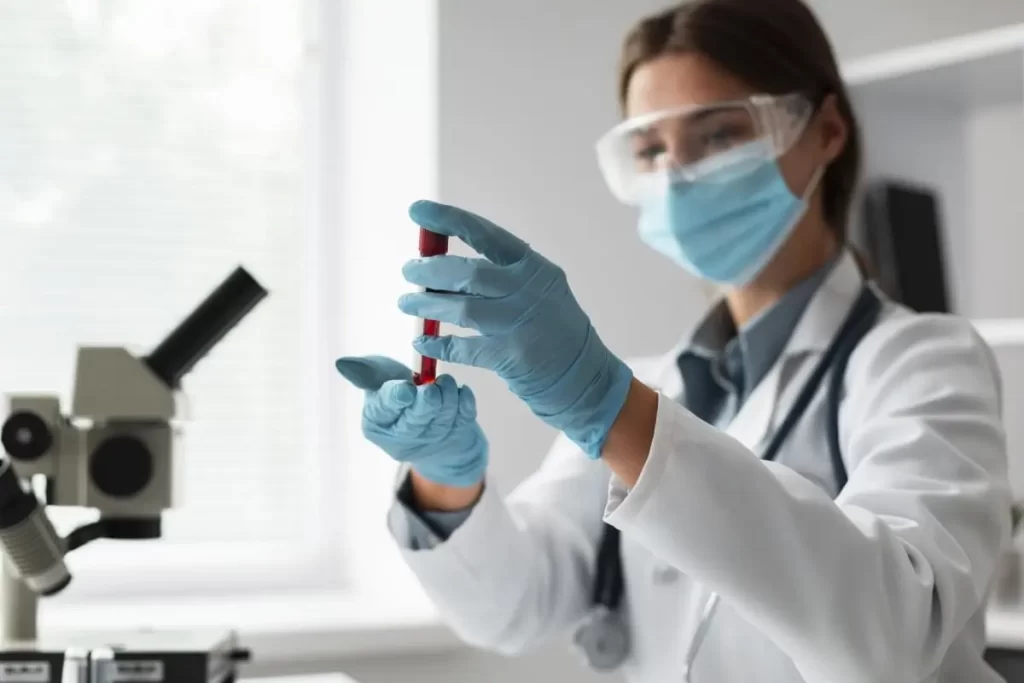If you’ve ever experienced unpleasant side effects from medication, you’re not alone. Adverse drug reactions (ADRs) affect up to 40% of patients, contributing to 15% of hospital spending in OECD countries. What many don’t realize is that genetic differences are often behind these reactions.
This is where pharmacogenomics – the study of how genes affect drug response—comes into play.
🧬 How Genetics Affects Medication Response
Your body’s ability to absorb, metabolize, and eliminate drugs depends on a group of genes that code for drug-metabolizing enzymes. A single genetic variation can determine whether a drug is safe, effective, or potentially toxic for you.
For example:
🔹 DPYD Gene & Chemotherapy Toxicity
Patients with variations in the DPYD gene are at higher risk for severe side effects from fluoropyrimidine-based chemotherapy (used in colorectal, breast, and gastric cancers).
These reactions may include:
-
Severe diarrhea
-
Mouth and intestinal ulcers (mucositis)
-
Low white blood cell count (myelosuppression)
-
A rare but serious 1% mortality risk
Knowing this in advance could save lives.
🔍 What Is Pharmacogenomics Testing?
Pharmacogenetic testing is a type of DNA test that identifies how your body is likely to respond to specific medications based on your genetic profile. It allows doctors to prescribe the right drug, at the right dose, for the right person.
At SuperDNA, our pharmacogenetic test screens for clinically relevant gene-drug interactions, including:
-
DPYD – Fluoropyrimidines (chemotherapy)
-
HLA-B – Abacavir hypersensitivity (HIV treatment)
-
VKORC1 & CYP2C9 – Warfarin sensitivity (blood thinners)
-
TPMT & NUDT15 – Thiopurine toxicity (used in leukemia, IBD)
-
CYP2C19 – P2Y12 inhibitors (antiplatelet drugs like clopidogrel)
📈 Real-World Evidence: 30% Fewer Side Effects
A large clinical study of nearly 7,000 patients tested a pre-emptive pharmacogenetic panel covering 12 genes and 39 drugs. Results showed:
-
Patients who underwent testing had 30% fewer adverse drug reactions
-
Treatment was adjusted in real time to avoid gene-related complications
-
The panel approach outperformed single-gene testing by increasing efficiency and safety
This illustrates how multi-gene testing panels, like the one SuperDNA offers, are more effective and scalable for real-world use.
Pharmacogenomics Testing: Why This Matters in Malaysia
With increasing rates of chronic disease and cancer treatment in Malaysia, personalized medicine is no longer a luxury—it’s a necessity. Pharmacogenetic testing reduces trial-and-error prescribing, minimizes hospital admissions, and improves health outcomes.
SuperDNA is proud to make clinical-grade pharmacogenetic testing available in Malaysia, powered by our in-house Whole Genome Sequencing platform.
🧬 How SuperDNA’s Test Works
-
Order your test online or speak with a consultant
-
Collect your saliva sample at home or via partner clinic
-
Your DNA is analyzed for gene-drug interactions
-
Receive a clear, actionable report within 14–21 working days
-
Share the results with your doctor for personalized treatment
🚀 Stop Guessing. Start Personalizing.
You deserve medication that works with your body—not against it.
Talk to your healthcare provider about SuperDNA’s Pharmacogenomics Test, or visit our shop to get started today:


